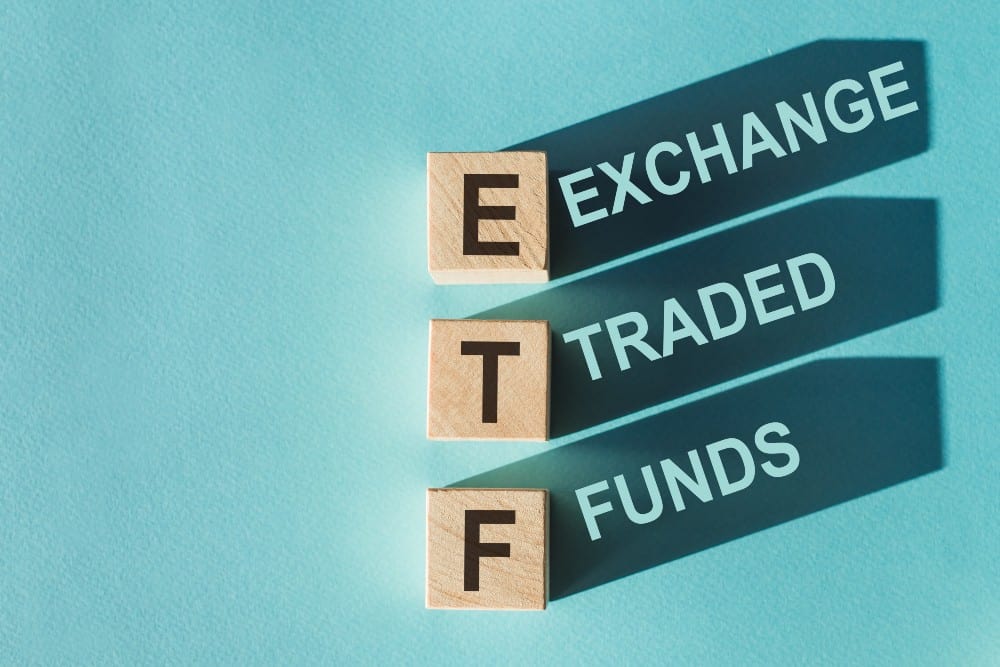In 2022, there are worse things you could strive for than passive income. This year, markets are extremely volatile, thanks to factors like inflation, the Russia/Ukraine situation, and lingering COVID worries. Over the long run, you can get good returns from stocks whether they pay dividends or not. But dividends provide a stable source of income that doesn’t rely on stock market sentiment. Being paid from corporate money instead of stock market traders, dividends can provide peace of mind when the markets are volatile. With that in mind, here are three top index funds for safe passive income in 2022.
Equal weight banks
The BMO Equal Weight Banks ETF (TSX:ZEB) is an ETF that holds a diversified portfolio of Canadian banks. The banks in the portfolio are equally weighted, instead of market cap-weighted like most ETF holdings. This provides a certain benefit. Many funds hold lots of stocks but have only a handful that make up say 25% of the weighting. Funds like this are technically diversified but are actually concentrated by market cap. Equal weighting remedies this problem by holding all the stocks in equal proportion. So, with ZEB, you get a diversified portfolio of high-yielding bank stocks and you don’t need to worry about weakness in one of them ruining the whole party. The fund has a 3.4% dividend yield, which is above average, and Canadian banks are known for steady dividend growth. So if all goes well, your yield-on-cost in the future will exceed your yield today.
The TSX 60
The iShares S&P/TSX 60 Index Fund (TSX:XIU) is another Canadian index fund, in this case, a broad market fund. It tracks the TSX 60, the index composed of the largest 60 Canadian companies by market cap. This fund isn’t specifically marketed as a high dividend fund, but it might as well be. With a 2.5% dividend yield, it beats many individual dividend stocks. The Canadian markets have a lot of banks, utilities, and energy stocks, so they naturally have a high average yield. What price do you pay for that? A mere 0.16% per year. That’s a pretty reasonable price to pay for a diversified basket of Canadian stocks, many of which are high yielding.
Canadian real estate
Last but not least, we have the Vanguard FTSE Canadian REIT Index ETF (NYSE:VRE). It’s an index fund that invests in Canadian real estate investment trusts (REITs). REITs are pooled investment vehicles that invest in real estate. You may have heard about Canadian housing and rent going up like crazy, and REITs give you a piece of this action. VRE has a 2.9% distribution yield, which is higher than XIU’s, and the fund has a relatively low 0.38% MER. This isn’t the kind of fund you can count on for explosive growth, but it does deliver decent income. In a volatile market like this one, that can make all the difference in the world. So maybe now is the time to consider taking a position in a fund like VRE.








